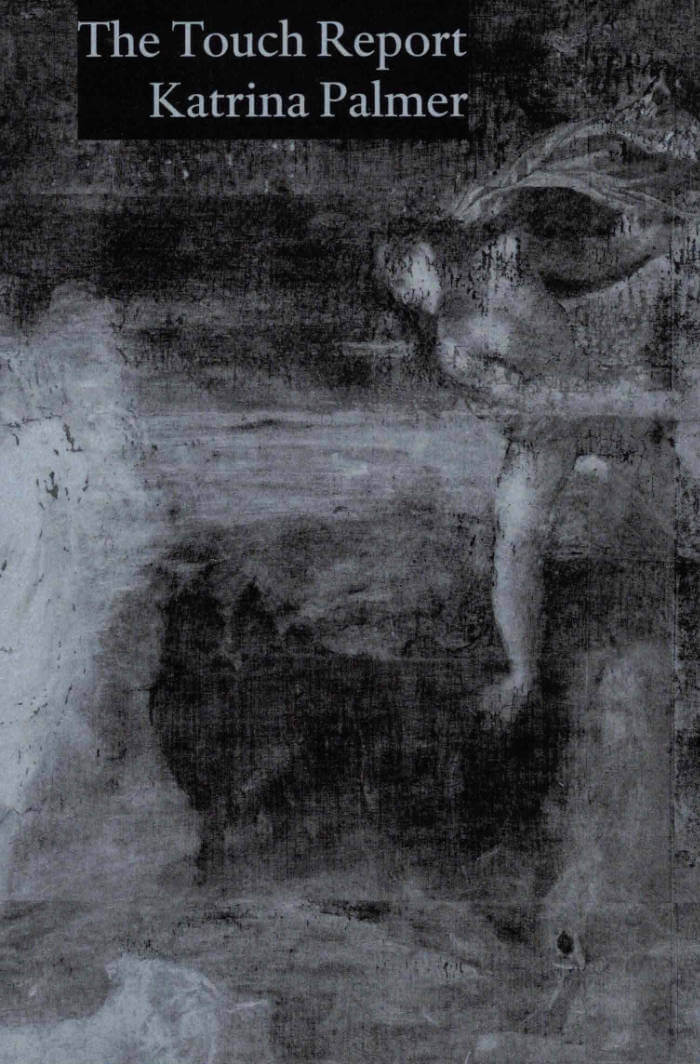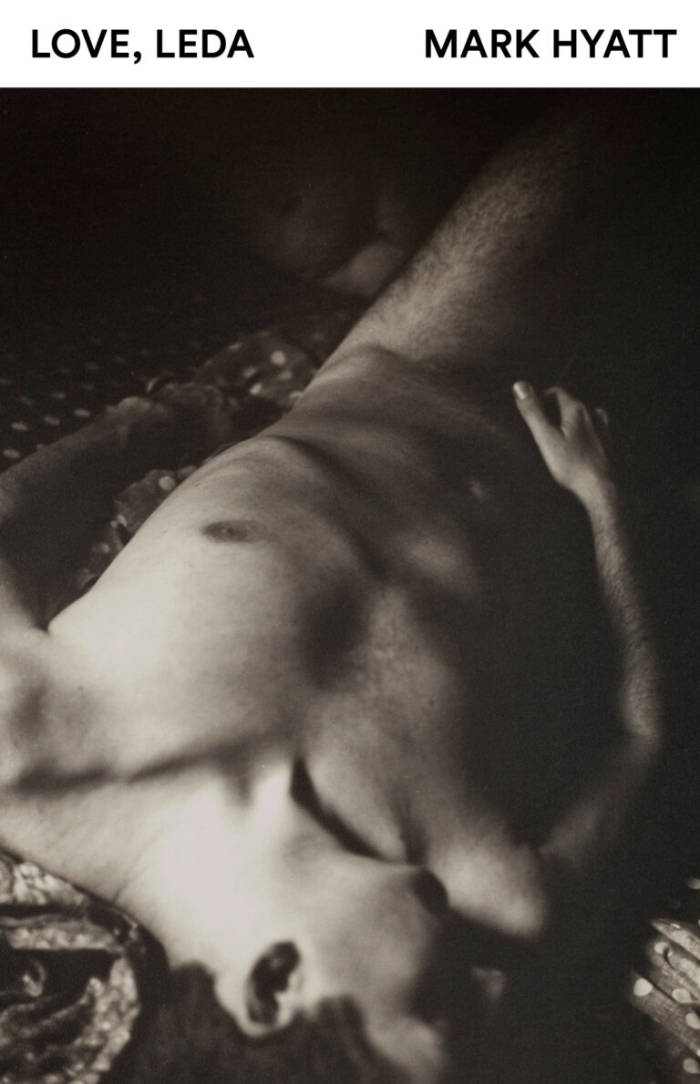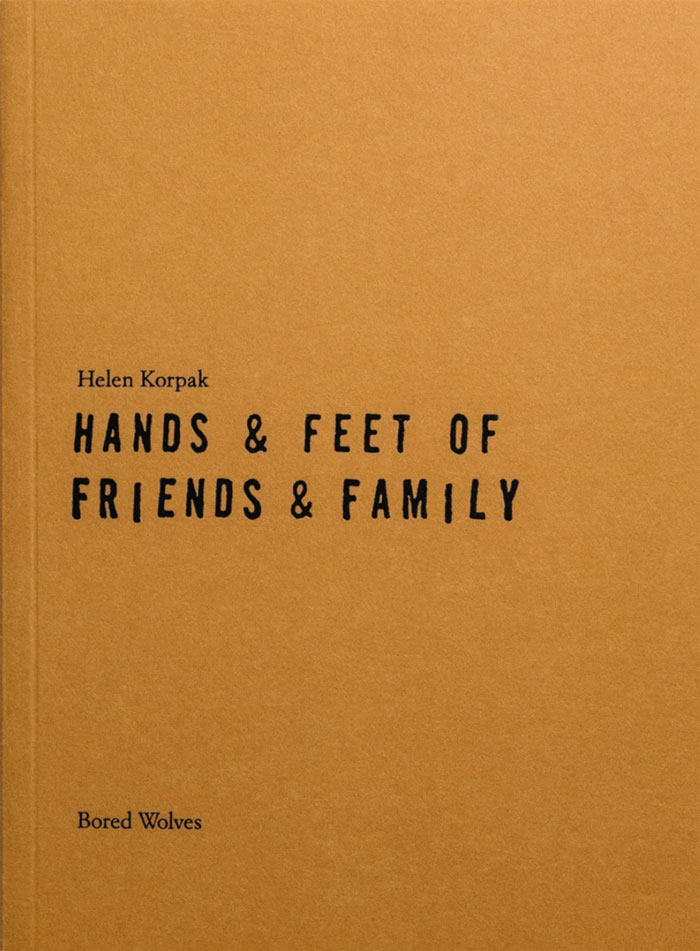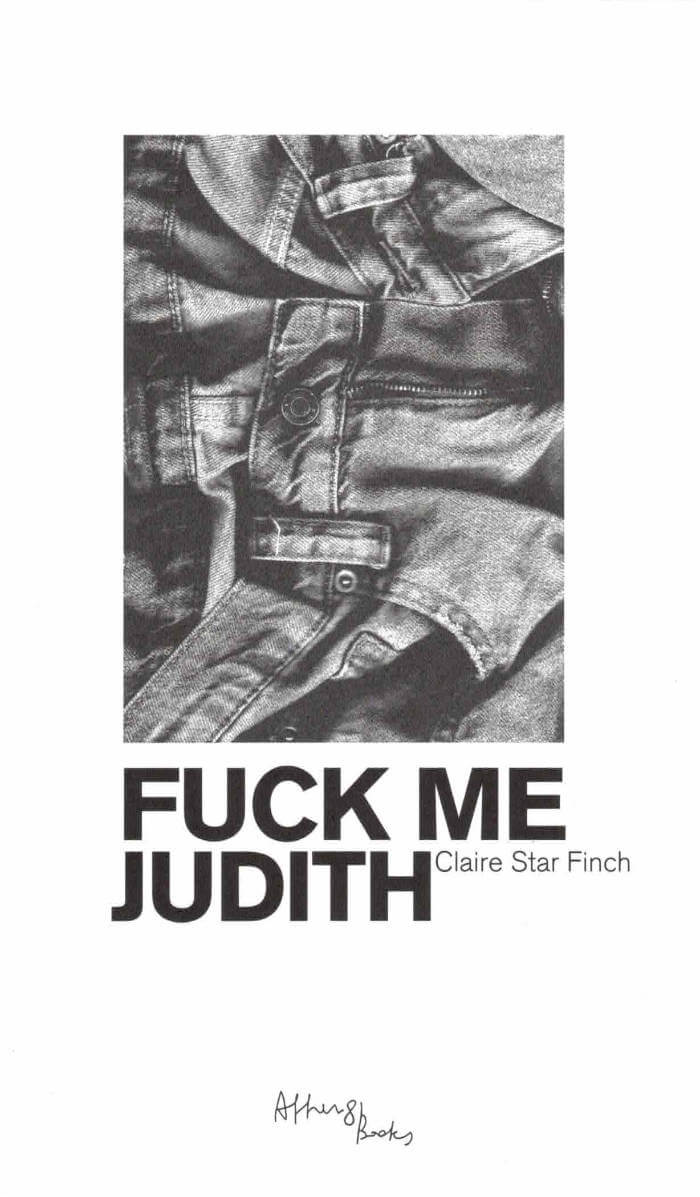‘Katrina Palmer’s The Touch Report asks a question that remains in motion for the duration of this extraordinary book. What is here? What’s still here? Here, Palmer writes an account of subjugation that is gestural, an on-going sequence of expulsions and punctures… Is there a kind of writing so transient it’s barely there? In Palmer’s writing, we encounter an ethics of presence and form that is deeply moving, completely and unbearably real.’ — Bhanu Kapil, author of How To Wash A Heart
An artist is invited to take up residency in a gallery filled with historical paintings. They are meticulously crafted, maintained, and revered. She begins to make an audit of the paintings, outlining the depictions of violence, subjugation and physical tension on public display. Eleven arrows in a torso, someone’s hair cut as they sleep, a man nailed to a cross. Horses, decapitations, memorable lobsters.
Written in sparse, urgent fragments that invite closer reading, The Touch Report, turns the reader’s gaze into the dark, to question our notions of ‘civilisation’.
Want to see something real, says the artist as she creeps through the darkness, keeping a log.
Katrina Palmer was commissioned by the National Gallery, London, as part of the 2024 National Gallery Artist in Residence Programme in collaboration with the Contemporary Art Society, generously supported by Anna Yang and Joseph Schull. This book is published as a result of research made during this residency.








